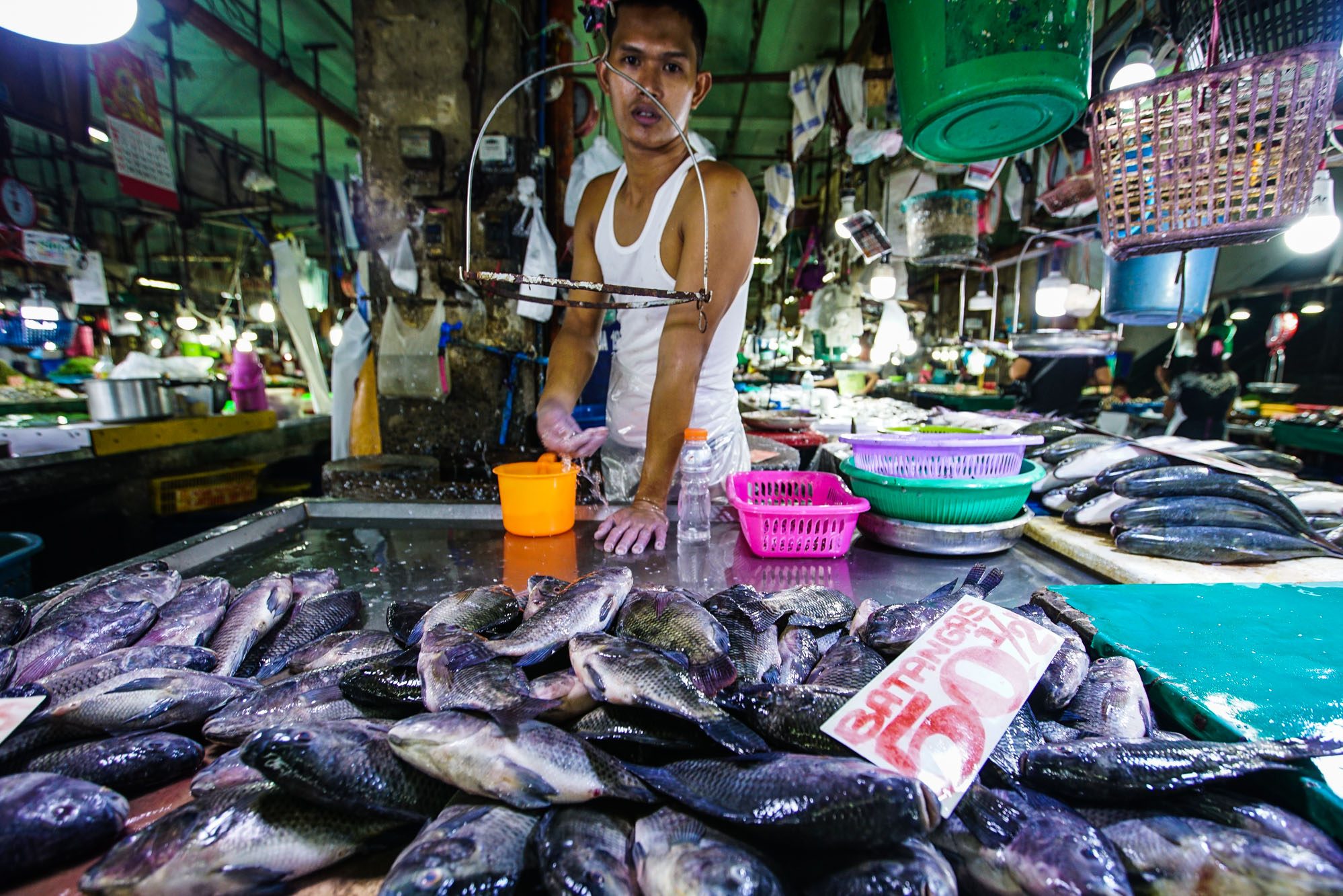SUMMARY
This is AI generated summarization, which may have errors. For context, always refer to the full article.

MANILA, Philippines – The Bangko Sentral ng Pilipinas (BSP) revised its inflation outlook for 2018 and 2019 due to increases in the prices of basic commodities and global factors.
BSP Deputy Governor Diwa Guinigundo said they now see 2018 full-year inflation hitting 4.9% from the initial 4.5% forecast. This is due to higher water rates, the increase in jeepney fares, additional P2.50 excise tax for tobacco, and higher oil prices in the world market. (READ: Rice imports fail to tame inflation in July 2018)
He also said the central bank expects 2019 average inflation to be at 3.7% from the 3.3% announced back in June.
“Our [inflation] target continues to be 2% to 4%,” Guinigundo said.
To combat higher inflation, Guinigundo said government agencies have to “implement non-monetary measures.” (READ: Government should worry about sky-high inflation – economists)
The BSP fired off its strongest interest rate hike in 10 years at 50 basis points on Thursday, August 9, to tame inflation.
BSP Governor Nestor Espenilla Jr said the aggressive rate hike does not mean that the central bank was not concerned about growth.
The country’s gross domestic product grew by 6% in the 2nd quarter, falling below market expectations.
Implementing interest rate hikes generally causes a slowdown in economic activity, but in turn eases inflation. – Rappler.com
Add a comment
How does this make you feel?
There are no comments yet. Add your comment to start the conversation.